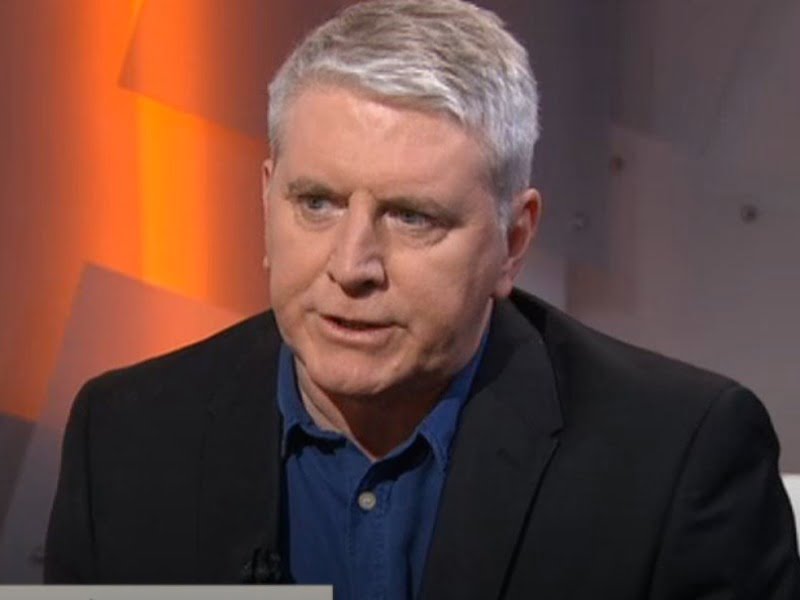Critical infrastructure legislation has been passed by the lower house before the national security committee has reported back on it, in what Labor says is a “departure from long-standing conventions” which sets a “disturbing precedent”.
The Coalition brought on the last tranche of its critical infrastructure reforms for debate in the House of Representatives on Wednesday afternoon, just days after it was referred to the Parliamentary Joint Committee on Intelligence and Security (PJCIS) and two weeks before it is due to deliver its verdict on it.
It has been the convention to wait for the bipartisan PJCIS to report on national security legislation before it is debated in either houses of Parliament.
The Opposition slammed the government for rushing the legislation through the lower house, with MPs saying they have “grave concerns” over this departure from national security conventions.
Government MPs brushed aside these concerns, saying Labor was “complaining needlessly” and that the PJCIS will be reporting back before the bill is debated in the Senate.
The bill in question is part two in the government’s planned reforms to improve the security of pieces of critical infrastructure.
These reforms were split into two last year following a recommendation from the PJCIS, to allow for some elements to be passed urgently and others to be significantly altered.
The first tranche was passed last year, broadening the scope of companies covered by the regime and introducing “last resort” powers for the federal government to intervene and take over a company’s networks following a cyber attack.
The second round includes new positive security obligations and increased responsibilities for systems deemed to be of national significance, including requirements to install software to share data with the spy agency if ordered by the government.
The Department of Home Affairs opened consultation on these reforms in December, with submissions closing on February 1.
Just seven days later the bill was introduced to the lower house, and referred to the PJCIS for inquiry, with submissions due by March 1.
But on Wednesday afternoon, just days after this inquiry was launched, the government brought the bill on for debate.
Shadow defence minister Brendan O’Connor moved an amendment saying that the government had “broken a long-standing convention on national security legislation and substituted a bipartisan approach in the national interest for its own political expediency”.
“The government has departed from the intention of the PJCIS bipartisan unanimous recommendations in a significant and concerning way. It is a committee that is bipartisan in nature and looks to work through outstanding differences to find, where possible, a unanimous position,” Mr O’Connor said.
“But the government has ignored convention. It’s a breach of what I would say are the national security conventions of this Parliament by proceeding with the bill and seeking passage without proper review being undertaken by the relevant intelligence committee.

“This government has utterly failed to manage its legislative program effectively, let alone with the probity important national security legislation demands, and is thus scramming this bill into a rapidly diminishing parliamentary calendar, a problem completely of the government’s own making.”
Shadow assistant cybersecurity minister Tim Watts said this is the first time a government has brought a bill on for debate while it is still subject to a PJCIS inquiry since the committee was established by the Howard government.
“This government’s willingness to trash bipartisanship and to trash important parliamentary conventions on the treatment of national security legislation sets a disturbing precedent and damages Australia’s long-term national interests,” Mr Watts said in Parliament.
Coalition MP Dr Katie Allen brushed aside these concerns, saying the Committee will be reporting back before the bill is debated in the Senate and that Labor was “complaining needlessly”.
“The protection of our critical infrastructure is not something that can be delayed. It is disingenuous for those opposite to say they haven’t had time to consider this bill properly,” Dr Allen said.
“It is important and urgent legislation. It is national security legislation. If those opposite want to play political games and whinge and complain in this place, it pretty much sums up their approach. It’s not about what’s in the national interest, it’s all about political point scoring to them.”
The Committee’s inquiry into the critical infrastructure bill will focus on whether the government has addressed the PJCIS’s previous recommendations and whether adequate consultation on it has taken place, PJCIS member and shadow attorney-general Mark Dreyfus said.
Labor’s amendment was voted down and the bill was passed by the lower house. There are only three Senate sitting days remaining until the federal election, with these to be largely devoted to the Budget.
Do you know more? Contact James Riley via Email.

